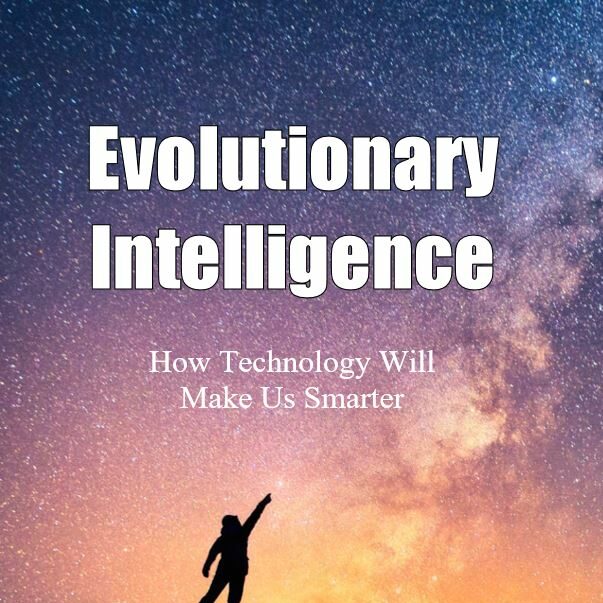Last week, I wrote about the often-testy debates that surround “constructivism.”
One possible cause for the heat behind these debates: we have at least two different meanings for the word “constructivism” in education.
Definition A emphasizes the physical activity and social interactivity of the classroom.
If students are up and moving about, if they’re working and talking and building ideas together, that’s “constructivism.”
Definition B emphasizes the mental activity within the student.
If the student is thinking and learning, then by definition they have “constructed” new meaning.
If students aren’t moving about and aren’t interacting with peers, but they ARE LEARNING — well, that’s constructivism. (Of course, if they learn while moving and interacting, then that’s also constructivism.)
Can we use these distinct definitions to develop research that sheds light on this debate?
Guides and Sages
A study published in 2019 — led by Dr. Elizabth Fischer and Dr. Martin Hänze — explores this question:
Is the definition A constructivism (students moving and interacting) the best way to accomplish the definition B constructivism (students learning)?
To answer this question, they undertake a remarkably thorough and complex study with German college students.
As I will explore in detail below, I do think the study has important limitations — limitations, by the way, which the authors themselves highlight.
But I do think …
… that they’ve undertaken a good-faith effort to answer this question with a perfectly reasonable approach, and
… that they’ve taken great care with the nitty-gritty research specifics.
In other words: this study might not be perfect (no study is), but it’s not somehow a partisan hack job.
Some highlights: Fischer and Hänze surveyed over 1700 students in 80 different college courses — from physics to social sciences to language to music. So, they have a large sample size from an unusually diverse range of disciplines.
These surveys — both at the beginning and the end of the term — measured everything from the students’ initial interest in the topic, to their sense of how much they learned, to the amount of mental effort that the course required.
And the researchers themselves evaluated these 80 courses for two different approaches to teaching:
They measured “student-activating methods,” where all students were working “without direct involvement of the teacher”: reading, exercises, group work, games.
The also measured “teacher-guided methods,” which focused primarily on the teacher’s instruction: lecture, demonstration, videos.
Here’s the logical chain they explored:
First: did the students’ “amount of perceived mental effort” in fact lead to a greater sense of learning?
Second: which classroom approach — “student activating methods” or “teacher-guided methods” — resulted in more mental effort?
In this way, Fischer and Hänze could distinguish between the two kinds of constructivism. Did “student-activating methods” (definition A) lead to more learning (definition B)?
Tentative Conclusions
Unsurprisingly, given the amount of data they gathered, these researchers reached a great many detailed conclusions.
For instance: teachers devoted A LOT more time to “teacher-guided methods” (64% of class time) than to “student-activating methods” (13.8%).
Let’s focus on the two questions listed above:
First: did the students’ “amount of perceived mental effort” in fact lead to a greater sense of learning?
Unsurprisingly: yes. Students who felt that they thought harder also thought that they learned more. (Teachers everywhere are breathing a sigh of relief.)
Second: which classroom approach — “student activating methods” or “teacher-guided methods” resulted in more mental effort?
The results were clear: students reported thinking harder and learning more with more “teacher-guided methods,” and less with “student-activating method.”
In other words: in these college classes, definition A constructivism (student activity/interaction) resulted in less definition B constructivism (student learning) than more “teacher-guided” methods.
Recommendations and Limitations
Given their findings, you might expect Fischer and Hänze to demand an end to “student-activating methods.”
THEY DON’T.
Do our findings indicate that university teachers should stop being the guide on the side and return to being the sage on the stage? We refrain from deducing this kind of prescription.
Instead, they want to slow the rush in the other direction. They don’t think their evidence strong enough to forbid guide-on-the-side teaching, but it certainly doesn’t recommend it.
Part of their hesitation stems from the limitations to their approach — limitations which they themselves highlight.
First: their data show correlation, not causation. (Always an important distinction.)
Second: they focus on student survey data. Such data are, by definition, subjective. For instance, students report that they learned more from “teaching guided methods,” but did they? We don’t know.
By the way, researchers had good methodological reasons to rely on surveys. But that reliance does require cautious interpretation.
Third: recall that they found “teacher-guided methods” during 64% of class time; so much more than “student-activating methods” (13.8%).
The researchers reasonably wonder if “student-activating methods” are less effective because the professors haven’t practiced them very much, and aren’t very good at them yet.
That’s a reasonable question.
Long-time readers know my own hypothesis. I suspect that “teacher-guided methods” probably help students more early in their learning process, and “student-activating methods” help more later in that process. This study doesn’t measure that variable, and doesn’t even try to answer the question.
So: Constructivism, or Constructivism?
When these German researchers make a good-faith effort to answer that question in college courses, they arrive at two tentative findings:
Unsurprisingly, students learn more when they think more. Thinking causes “construction” of new knowledge.
Perhaps surprisingly, “student activating methods” do not help students think more than “teacher guided methods.” Instead, students think more when they sit and listen to a well-prepared talk than they do moving about and interacting with one another.
Although Fischer and Hänze are appropriately modest in their recommendations, their research does suggest that we should slow down and ask challenging questions before we insist on too much student movement and interaction.
Fischer, E., & Hänze, M. (2019). Back from “guide on the side” to “sage on the stage”? Effects of teacher-guided and student-activating teaching methods on student learning in higher education. International Journal of Educational Research, 95, 26-35.












